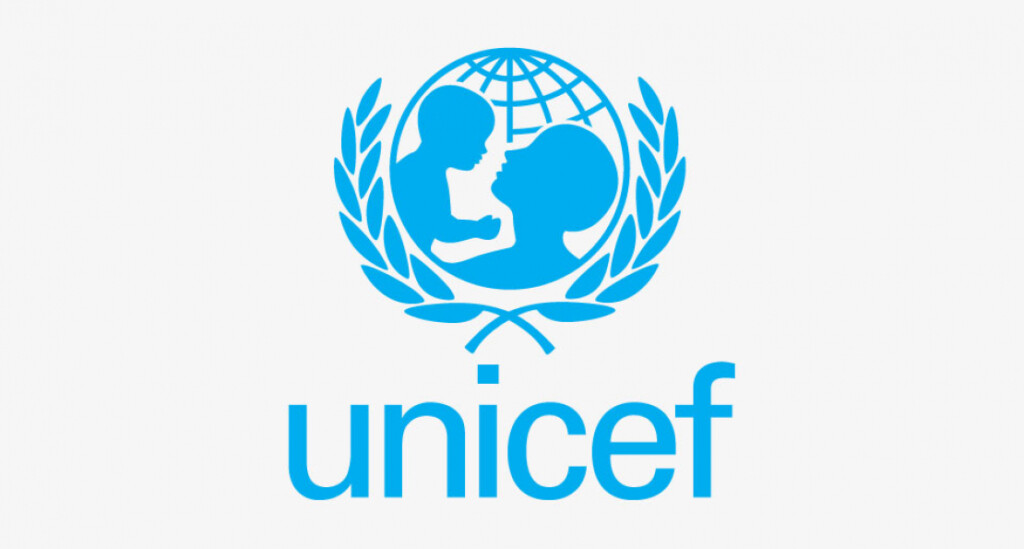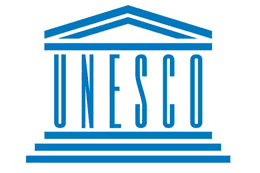The United Nations Children’s Fund (UNICEF) has tasked policymakers and those in the education sector to integrate Artificial Intelligence (AI) into the education system to enhance the learning experiences for both students and teachers.
The organization stressed that, although AI offers great potential for improving educational results, it should be utilized in a way that safeguards and promotes human agency.
In recognition of the 2025 International Day of Education, themed ‘Artificial Intelligence (AI) and Education – Preserving Human Agency in a World of Automation’, UNICEF highlighted that by adopting ethical practices, empowering teachers, encouraging critical thinking, and ensuring equitable access, it is possible to develop an educational environment where technology and human values coexist, thus preparing learners for a future in an automated world.
Mr. Benjamin Ukom, the UNICEF Desk Officer for Education in Cross River State, noted that over 300 Education Information Management Officers have been trained in the state’s 18 local government areas as part of the Nigeria Learning Passport (NLP) Program by last year.
He further mentioned that while the program facilitated by UNICEF has seen a significant number of enrollments, inadequate funding has hindered monitoring and evaluation efforts to gather feedback on its effectiveness.
Nonetheless, he believes the registration numbers have likely risen considerably since 2023.
In his words, he said “The Nigeria Learning Passport is an online e-learning platform designed to provide quality education to Nigerian students, especially those in remote areas with limited internet access. It features a flexible learning management system that can function both online and offline, offering interactive courses and content in various local languages such as English, Hausa, Igbo, and Yoruba.
“It caters to early childhood, primary, secondary, and vocational education and was developed in partnership with the Federal Ministry of Education and UNICEF,” Ukom explained.
However, interviews with senior secondary school students in Calabar reveal a lack of awareness about artificial intelligence and its relevance.
Praise Bassey, a male SS2 student at West African People’s Institute, admitted that he does not understand what AI is or why it matters.
Additionally, James Inaji, a student from Hope Waddell Training Institute, mentioned he learned about AI from his siblings but did not receive any formal education on it at school.
Efforts to contact the Commissioner for Education or the Permanent Secretary of the Ministry of Education for comments were unsuccessful, as neither was available.
However, sources within the Ministry of Education indicated that there is currently no AI education included in the state schools’ curriculum.





